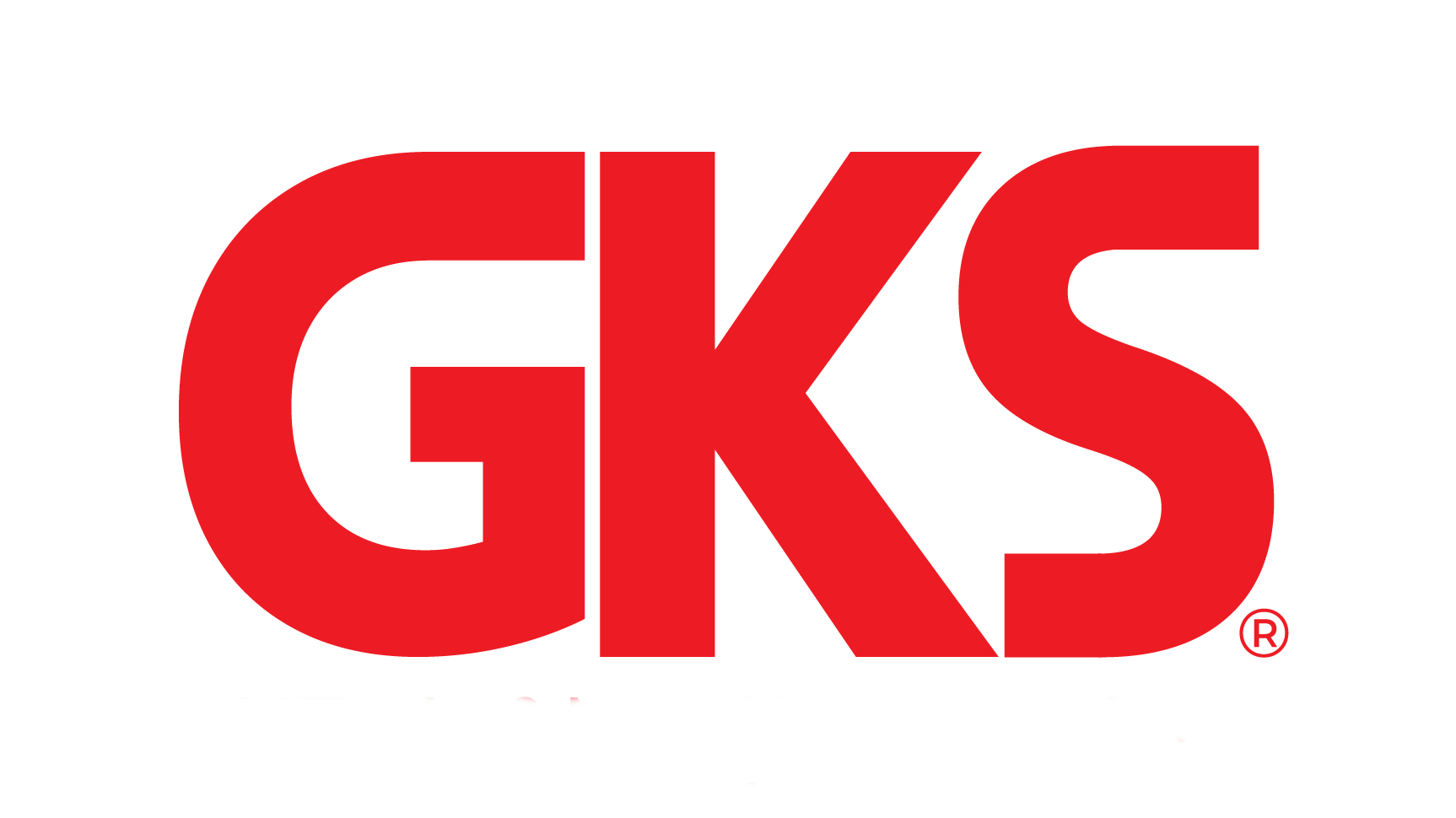Importance of Replacing Industrial Machine Parts
Industrial machinery is composed of many different parts, which vary in size, complexity, and service life. Routine maintenance can make a tremendous difference in the longevity and performance of industrial machinery, which can result in tremendous savings for companies.
Many businesses can benefit from changing from a reactive maintenance approach to a more predictive strategy. By performing routine maintenance, you can spot potential hiccups well before they become large problems and replace aging industrial parts before they start to truly fail. This can prolong the life of your equipment and save money, since replacing a single part is much cheaper than having to pay for large-scale repairs or total equipment replacement in the event that a major failure occurs. Routine maintenance also protects overall productivity. A quick part replacement takes a machine offline for much less time than a major or complex repair.
Signs Your Industrial Machine Needs a Replacement Part
More Work Is Required
A poorly functioning machine may create a need for extra work or a time-consuming workaround to compensate for any shortcomings. If you notice that a machine is starting to create extra work for your team, it might be time to investigate whether a part needs replacing.
Lower Productivity
Decreased productivity can also signal the need for a quality replacement part. This may manifest in a few different ways:
- The machine’s output has decreased without an obvious cause.
- Regular hiccups or malfunctions are necessitating regular slowdowns or constant stops to fix or adjust something, reducing team productivity.
If either of these becomes a pattern, an industrial machine part may need to be replaced.
Quality Declines
There are many benefits to a robust quality control practice, including easier detection of possible equipment issues. If you notice a decline in product or output quality, one cause you can investigate is a part that needs to be replaced.
Safety Concerns
Safety is of the utmost importance in any manufacturing or machine environment. If workers start to notice anything worrisome, such as malfunctions that may put their safety at risk, there may be an urgent need to replace a flagging industrial part.
Something Just Doesn’t Seem Right
Every machine will have different signs that something is awry, and someone familiar with the machine is best suited to noticing even the smallest quirks that may suggest a potential issue. If you notice vibrations, a new sound, a leak, or anything else unusual, it’s worth investigating to see if something needs to be replaced.
Risks of Not Ordering Industrial Replacement Parts
It can be tempting to prolong the life of an industrial part to save a few dollars. But stretching industrial machine parts beyond their promised service life comes with serious risks.
Total Machine Failure
Most industrial machinery has built-in fail-safes to prevent catastrophic failures, but a single part failure can still lead to a full stop of the machine. This can lead to significant offline time due to total machine replacement, which can be incredibly costly. Lead times for new machinery can also stretch for weeks or even months, and all that downtime is nothing but lost revenue.
Further Repairs May be Needed
Replacing industrial machine parts is akin to getting regular oil changes: Small preventive maintenance measures can prevent larger breakdowns that will undoubtedly be more costly and time-consuming. Waiting too long to order quality replacement parts can result in a need for more extensive repairs.
Safety Hazards
As previously mentioned, safety around industrial machinery is absolutely critical. A machine with an aging part may start to malfunction in ways that put workers at risk. Failing to replace an industrial part can result in worker injury—or worse.
Quality Deterioration
Customer loyalty hinges on a lot of factors, including reliable product quality. If a machine starts underperforming due to a worn-out industrial part, the quality of its output can suffer. If any of that lower-quality output makes it to customers, they will likely express complaints or dissatisfaction. Some customers are willing to forgive and forget once a quality issue is addressed, but others may choose to do business with your competition instead.
Quality Industrial Machine Parts From GKS
At GKS, quality is our top priority in everything we do. All of our industrial lifting equipment undergoes quality testing before we ship it to you, our valued customer, and we make it easy to replace hydraulic jack parts as necessary. Every product guide includes advice on maintenance, care, and part replacement schedules, and we provide extensive troubleshooting guides and support in the event that you need help diagnosing an issue. We can even help you coordinate shipping and repair for any equipment that needs maintenance, whether it’s a significant repair or a tune-up. Whether you’re curious about new equipment or seeking help choosing a quality replacement part for a product you already own, you can count on our team to help.
